Hello!
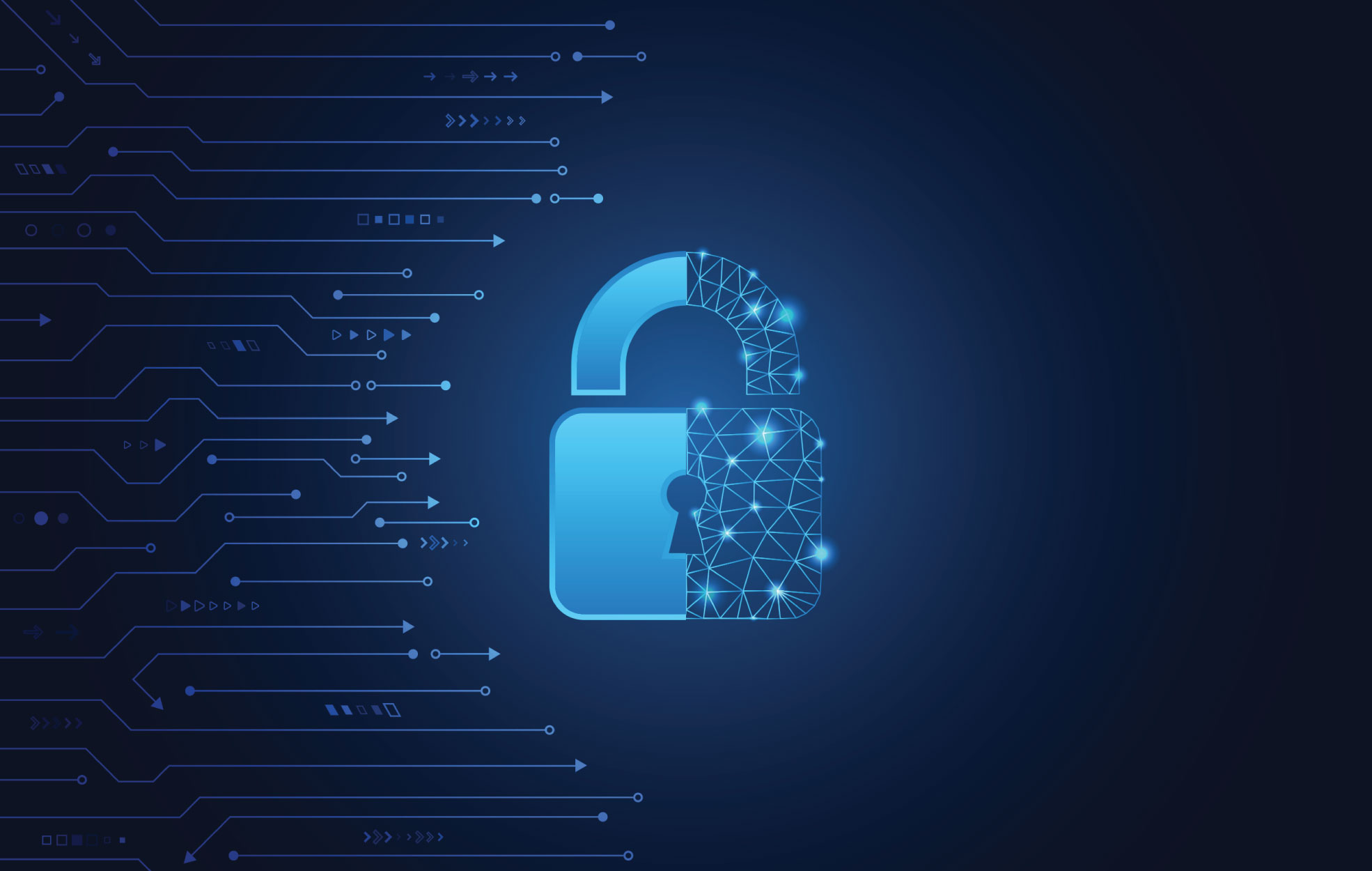 The need for online protection is a subject that has been ongoing for years past and present. In recent times with the amount of cases, regarding data retention; the rate of cyber assaults runs high. But what are you doing about it?
The need for online protection is a subject that has been ongoing for years past and present. In recent times with the amount of cases, regarding data retention; the rate of cyber assaults runs high. But what are you doing about it?
It may seem like you’re going by your regular online routine, but what you aren’t aware of; rather should be aware of, is the amount of dangers you’re putting yourself through each time you log into a website, providing personal or important credentials.
Yes, life gets extremely easy with the vast number of online services available to us; services like online shopping, travel ticketing, free internet courses, online banking, and social media websites for customer management, and much more, all available at our fingertips. As much as these services appear as a bed of roses, there are always some thorns, waiting to poke you with the slightest confrontation.
Internet privacy has hit the tip of the iceberg when indulging long hours on the internet. There are countless times when we surf the net and often find ourselves in a fix, clicking on the wrong link at the wrong time. And what does that leave you with, besides a big hole in your pocket from hefty internet bills and a virus that infected your device, from a shady link you clicked?
What’s plaguing your online experiences or devices?
As much as you wished I’d just write to you about the latest updates on Miley Cyrus or the best restaurants to visit when on a tight budget, we feel like cybersecurity is something that should be looked into before moving into all your regular online rituals.
You should know that when online, you’re automatically going to be entailed as a future cyber victim in some form or the other if precautions aren’t taken.
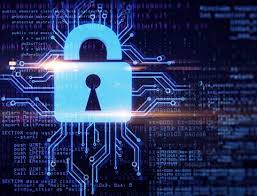 There are many online threats that everyone needs to be aware of. Some of the major ongoing issues revolve around:
There are many online threats that everyone needs to be aware of. Some of the major ongoing issues revolve around:
- Hacking (Number one problem in today’s world. With limitless amount of accounts being broken into, stealing data, rearranging them, leaking important information or blocking you out from entering your accounts)
- Malware attacks (The spreading of virus’ throughout your system, corroding files and other important data)
- (DoS)Denial of Service attacks (The disruption of services by invaders towards the access of account holders.)
- Phishing (Cyber-baiting individuals with blackmail through recorded texts, videos and more)
- Spamming (Swarming platforms with multiple messages and viral links)
- Spoofing (Impersonation to steal data and spread virus’ throughout targeted accounts)
- Ransomware (Stealing data and keeping it hostage in exchange for large sums of money or classified intel.)
Motives behind multiple cyberattacks
So, how does this list sound just about now? Still feeling safe? I bet most of you are thinking, “But why? What did I ever do to deserve something like this? All I did was look up some cute animal videos.” The answer is, it doesn’t really matter who you are and what activities you carry out online; cyber-attacks are inevitable.
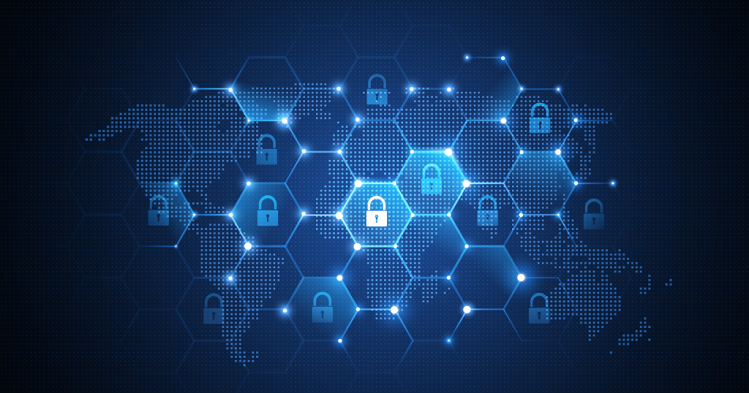 Most of the motives behind this are because of:
Most of the motives behind this are because of:
- Cyberterrorism (Attacks made online for political or ideological gains)
- Monetary gains (Holding your personal or important data at ransom for large amounts of money or payments in kind.)
- Fame through acknowledgment (Some just do it not to gain any monetary value but to establish their name or brand in the rings.)
- Information extraction (Data retention of any kind, accounts, IDs, opposing company information for selling to third parties or other personal reasons.)
- Industrial control (Hacks made into the devices or infrastructural units of big-league companies/industrial sites)
Types of Cybersecurity
Now that we’ve been through the darkening phase of the dangers that lurk around in literal broad daylight on the internet, let’s talk about the types of cybersecurity that many should be informed about.
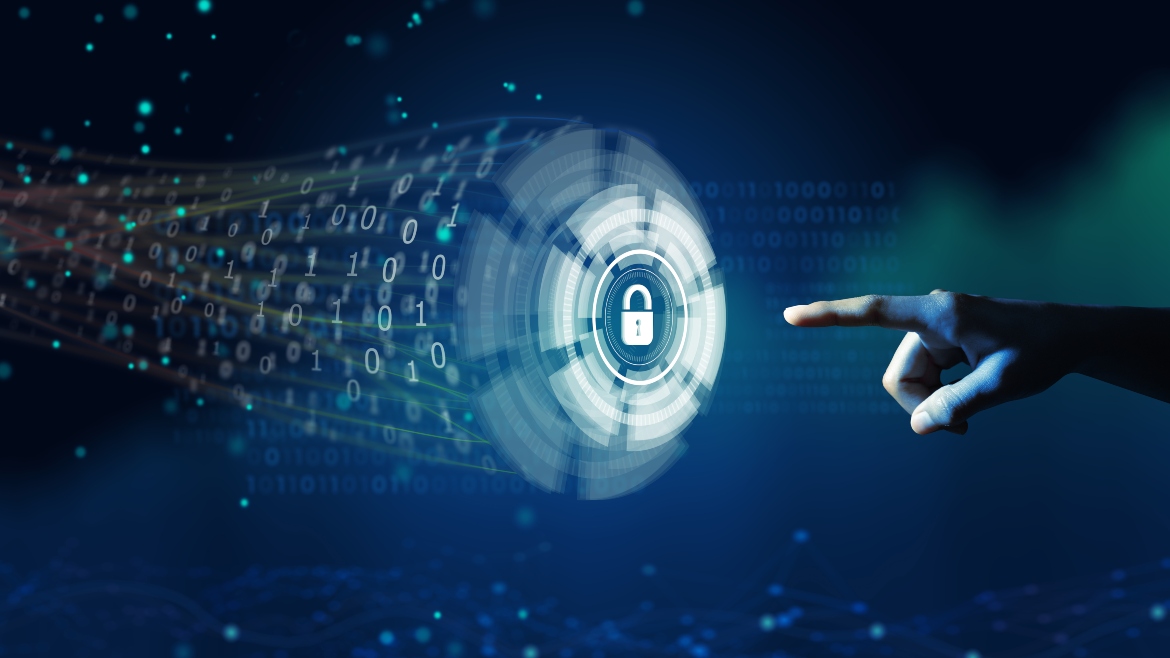 A few of them are:
A few of them are:
- Infrastructural security (includes the modern-day solutions towards physical security systems related to street lights, hospital infrastructural programming, shopping mall security, etc.)
- Application security (Adopting the perfect or most suitable app to protect your online data, transactions, privacy, and devices)
- IoT security(Internet of things [protects every physical appliance you use besides the regular mobile phones, like TVs, electronic kitchen appliances, routers, security cameras, etc.
- Network security (safeguards your entire log-in or online entry process, eliminating unauthorized accesses and blocking malicious content from ever reaching you.)
- Cloud security (upping the security game, protecting all the data stored online rather than done on physical platforms.)
A fraction of online security – How to stay safe when surfing
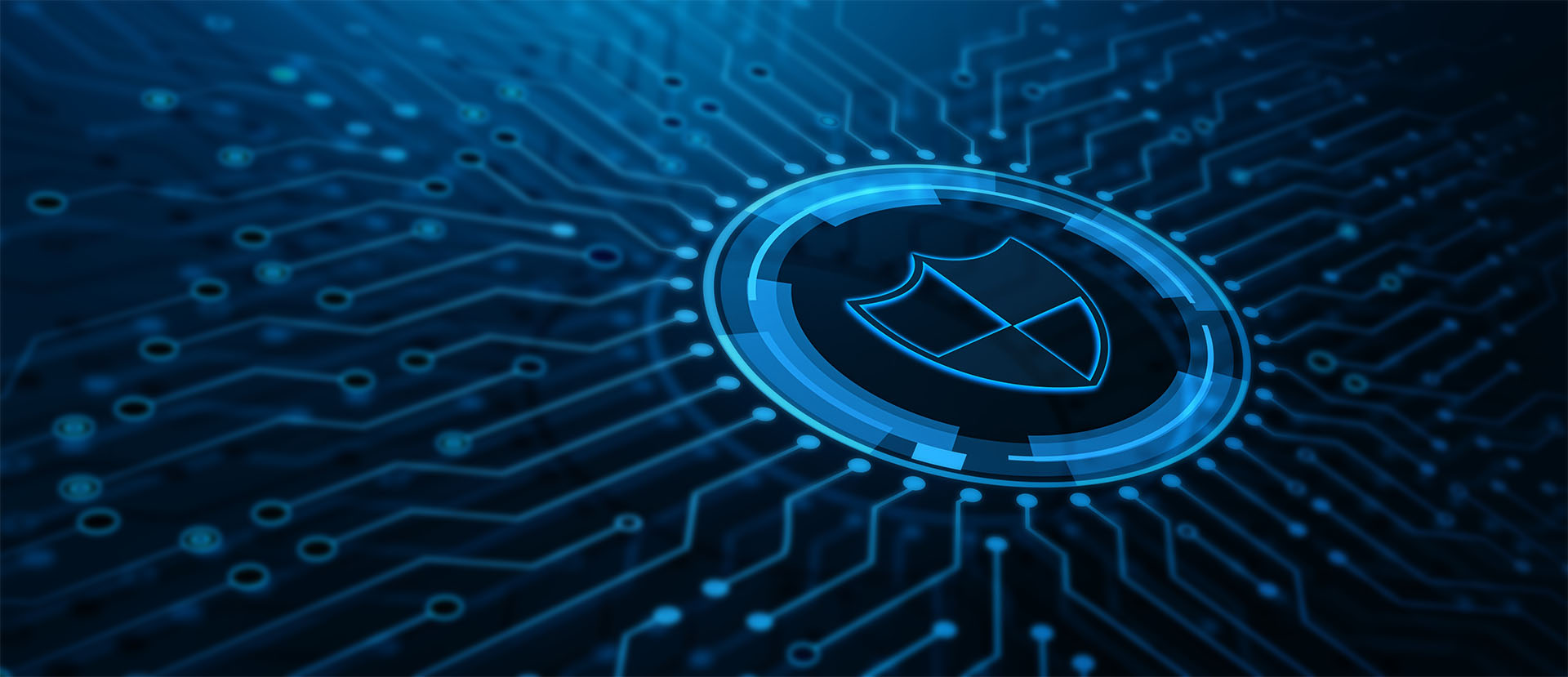 Looking at the kinds of ways to stay safe online, let’s jump right in and talk about one measure that will solve most of your online problems in the long run. Most of these cyber-issues stem from hackers taking control over your data or system, your privacy being exposed or maybe you’re just looking to access restricted websites that aren’t readily available in your country, due to Geo-blocks or censorship issues.
Looking at the kinds of ways to stay safe online, let’s jump right in and talk about one measure that will solve most of your online problems in the long run. Most of these cyber-issues stem from hackers taking control over your data or system, your privacy being exposed or maybe you’re just looking to access restricted websites that aren’t readily available in your country, due to Geo-blocks or censorship issues.
The solution to a few of these many issues could be through using the best VPN application or antivirus in the market, depending on what you’re looking for. Taking a VPN into consideration, there are many in the industry that ship extremely heavy security features through military-grade encryption and protocols, along with providing you all the access you need to bypass geo-restricted platforms like Netflix, Disney+, BBC iPlayer and more.
You could invest in the most commonly known ones that are both affordable and possess some heavy security, and check out their over-all performances through reviews. For example, when we chose Fastest VPN as my pick, we didn’t just go for it, but rather went through an extensive FastestVPN review, checking out its speed, features, price range and overall performance.
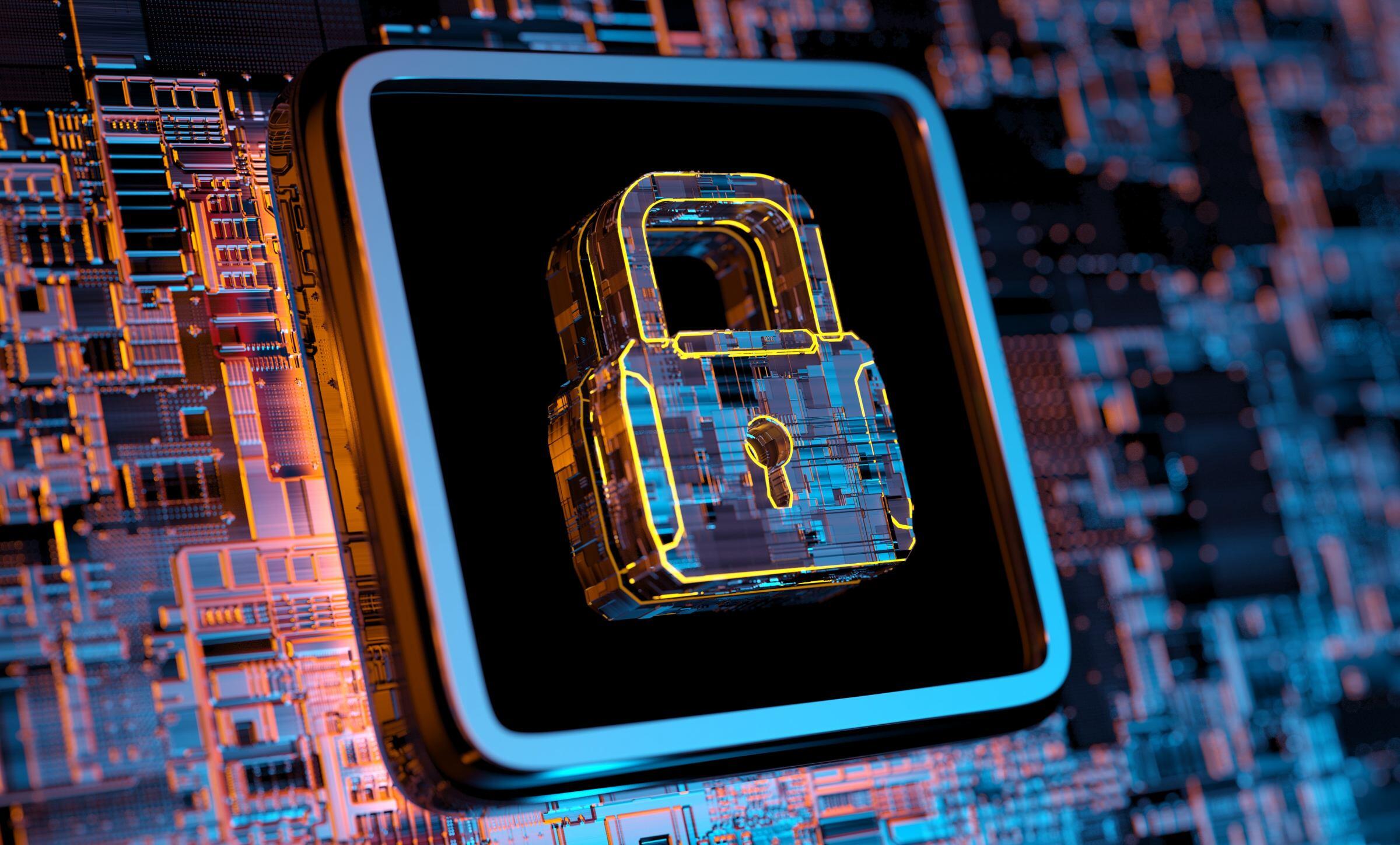 If an antivirus is what you’re looking for; to protect you and your device from malicious links or adverts that could infiltrate your device, hacking your system and stealing all your data, you should definitely go for one that is commonly or widely recognized. Check to see if any of the providers have any free-trials that you could use and test the app out.
If an antivirus is what you’re looking for; to protect you and your device from malicious links or adverts that could infiltrate your device, hacking your system and stealing all your data, you should definitely go for one that is commonly or widely recognized. Check to see if any of the providers have any free-trials that you could use and test the app out.
Mass online surveillances
If you think you’re not being watched 24/7, you’ve got another thing coming. Have you ever heard of online surveillances? There are so many major countries in the world that keep constant tab of what the maximum number of internet users are doing online, from day-to-day. It completely goes against internet privacy or the freedom to do anything without being scrutinized. Factors that come under online surveillance also include your data or private information being tipped into and stolen for other purposes.
Maybe in some cases, online surveillance is necessary, particularly where cyber-terrorism prevails or racial disruptions being spread. Due to this, the government takes matters into their own hands, and holds up certain censorship blocks on a few websites. But, along with movements like this, they tend to block off a number of social websites that push the public to gain access to, in the most unethical ways.
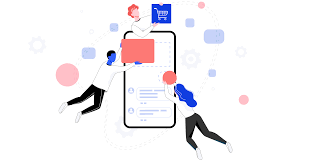 Therefore, I urge you, if you ever need to gain access to restricted websites or even maintain your anonymity, continue to do so using methods that are legal and secure, like the VPN example mentioned above.
Therefore, I urge you, if you ever need to gain access to restricted websites or even maintain your anonymity, continue to do so using methods that are legal and secure, like the VPN example mentioned above.
To conclude
Staying safe online is your given right and even though most of us fall victim to vicious cyber-attacks, it doesn’t mean you can’t take the first steps to make changes.
Thank you!
Subscribe to our newsletter! Join us on social networks!
See you!






